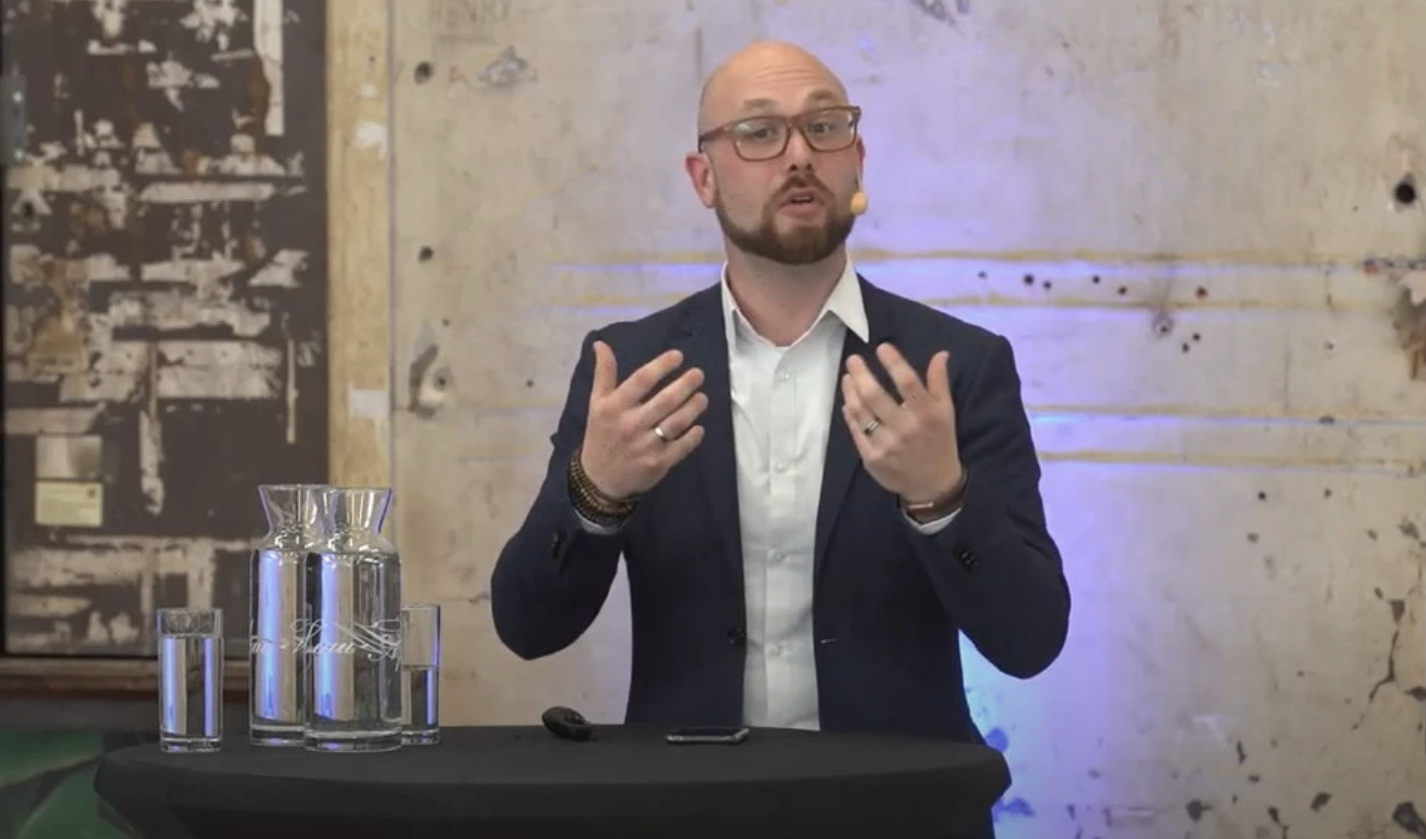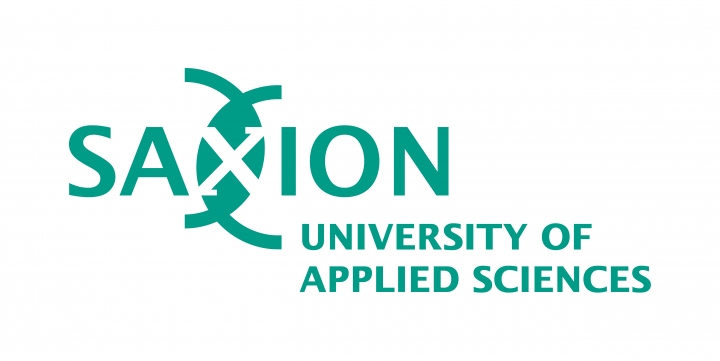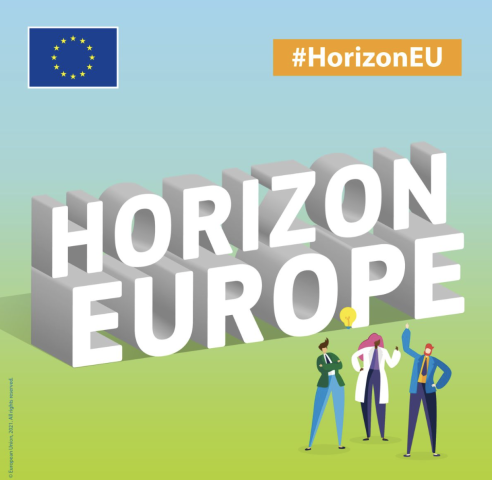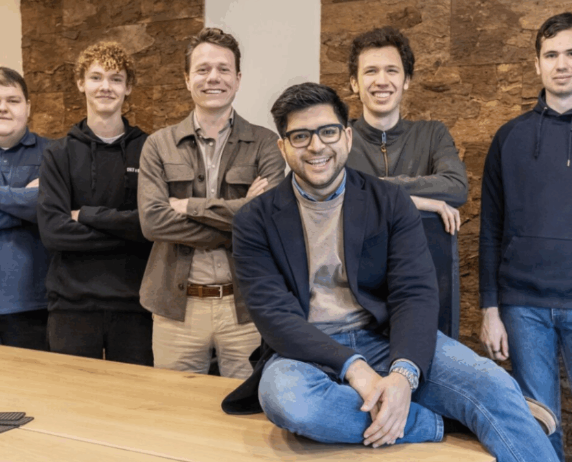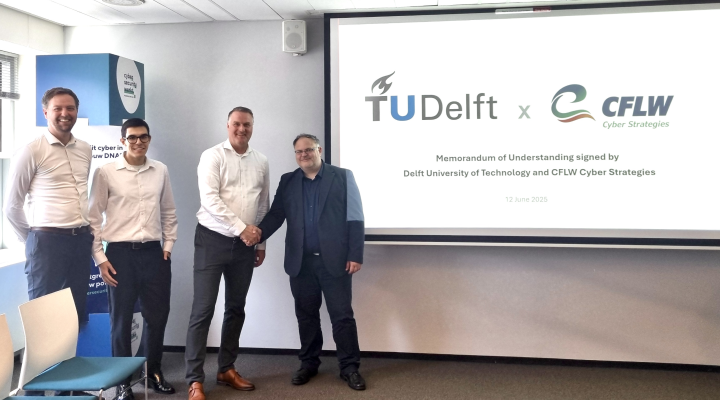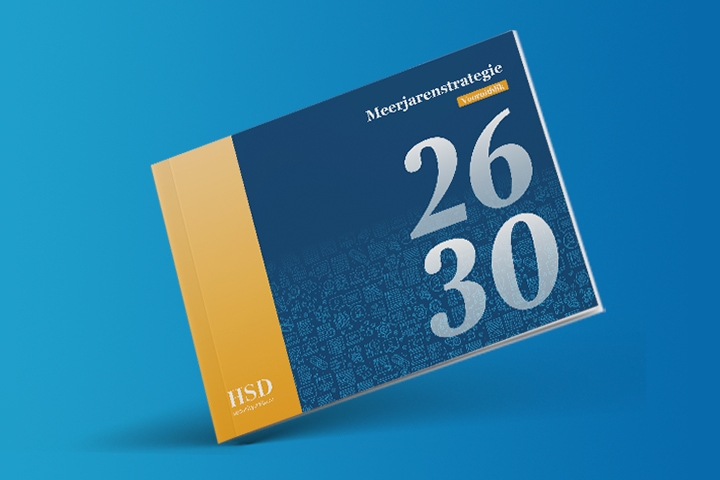Institutes for Higher Education Join Forces in National Lector Platform Security
In april, more than fifty professors planted a flag in the digital soil at the online launch of the Lectorenplatform Veiligheid. Remco Spithoven, Saxion lecturer Social Safety, is one of the initiators: "As a university of applied sciences, we really have something to offer to make Dutch society safer and to keep it that way."
A random glance at the news makes it immediately clear that security issues are coming more and more into focus and require concrete and urgent solutions. The scope is enormous: from drug labs in rural areas to the hacking of companies and educational institutions. Technological developments are also ensuring that the issues are no longer just 'on the street' but are now mainly played out online.
Streamlining research into security issues
In the coming years, universities of applied sciences and other knowledge institutions will join forces in the new Lectorenplatform Veiligheid, in order to streamline and intensify research into security issues. "The time is ripe," says Remco Spithoven. "By working together, we achieve more than as separate professorships. Through targeted research, we can better help professionals in the field with the tough issues surrounding safety. Precisely by developing knowledge and supporting solutions together."
Translating objectives directly into subsidy opportunities
The platform is the result of thorough preparation, says Spithoven: "Among other things, we conducted a network study into all the professorships of universities of applied sciences and knowledge institutes. We mapped out how we could link up and strengthen our research. We then translated our objectives directly into subsidy possibilities in order to take real steps." Although Saxion is the lead party, the cooperation is drawn and shaped broadly. The Hague University of Applied Sciences, Avans, Utrecht University of Applied Sciences and the Netherlands Defence Academy are closely involved in shaping the first lines of research and their management.
"The time is right. By working together, we achieve more than as separate professorships. Through targeted research, we can better help professionals in practice with the tough issues surrounding security. Precisely by developing knowledge and supporting solutions together."
More and more multidisciplinary research into safety
These lines focus on the themes of subversion, cybercrime and cyber security, data and intelligence, personalised approach and adaptive security complex. The angle of the research is strongly practice-oriented and therefore directly supportive of what practice demands. "Research into security themes is increasingly multidisciplinary in nature," says Spithoven. "Subsidies stimulate this and prescribe it. Ultimately, something concrete must be done with all the new knowledge. As institutions of applied research, we are good at this. Through our network and our cooperation with practitioners."
Association of Universities of Applied Sciences and administrative input
The broad national approach also ties in with Saxion's own multidisciplinary agenda on digitisation and safety under construction. For example, Willeke Slingerland, Saxion lecturer in Resilient Democracy together with Emile Kolthoff (Avans/Open University), is the leader of the research line Society and Subversive Crime. Spithoven himself coordinates the Data & Intelligence line. On behalf of the Netherlands Association of Universities of Applied Sciences, Ineke van Oldeniel (Saxion), Hans Camps (The Hague University of Applied Sciences) and Jacomine Ravensbergen (Avans) are members of the national platform. They are all members of the Executive Boards of their respective institutions. From the Theme Table on Safety, they make their administrative contribution to the joint research.
Institute for Safety and the Police Academy
"The platform has an open character and this approach has already proven its openness," says Remco Spithoven. "The Institute for Safety (Instituut Fysieke Veiligheid) and the Police Academy have both come forward to coordinate additional thematic lines around physical safety and police research." The lecturer is pleased with the establishment of the platform and the joint approach to further boost research on Security: "The cooperation is now starting to take shape, beyond the walls of all our colleges and knowledge institutions. Our goal is to present our joint research agenda on each of the themes in September this year."
Read the original article (in Dutch) here.

